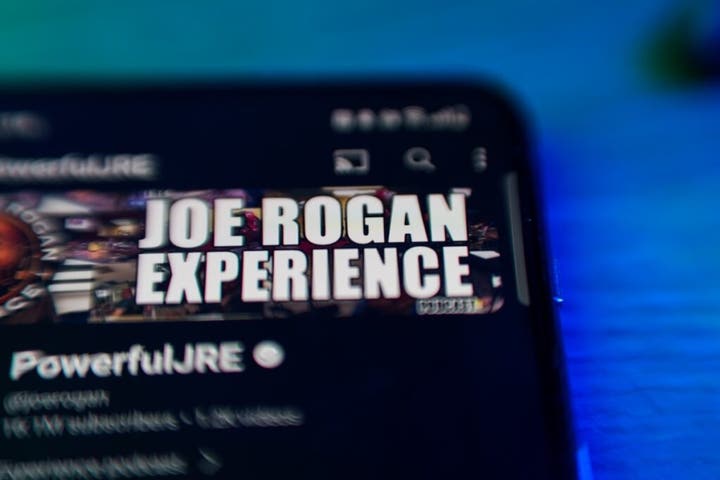
Podcast host Joe Rogan once told political commentator Matt Walsh that after the COVID-19 pandemic, he started questioning his long-held beliefs, including whether the U.S. actually landed on the moon.
What Happened: "I used to believe in the moon landing," Rogan said. "After COVID, I'm like, I don't think we went to the moon." However, he added, "There is a less than zero possibility that we did not go."
Walsh responded, noting that the scale of deception needed to fake the Apollo missions would be immense. "It’s a lot more incredible to believe that we faked it than to believe that we just went .. to the moon."
The political commentator went on and said that pulling this off would require all of these American institutions to collude, while foreign adversaries like Russia would have to stay silent about it. "Why haven't the Russians come out and say all?"
Rogan, while not fully endorsing conspiracy theories, pointed to several lingering doubts. He cited the dangers of passing through the Van Allen radiation belts, the lack of any non-human biological organism surviving deep space and the fact that no other nation has replicated the feat.
Rogan remarked that it was strange that it had never been done again and found it odd that all the original footage was erased. He also referenced a post-flight press conference by the Apollo 11 crew, saying, "It looks like a hostage video."
Walsh acknowledged the strangeness of some elements but maintained there's "no evidence of a hoax," while there is at least some evidence of the moon landing — from moon rocks to laser reflectors and high-resolution lunar imagery.
Subscribe to the Benzinga Tech Trends newsletter to get all the latest tech developments delivered to your inbox.
Why It's Important: The Apollo program, led by NASA, remains one of the most iconic achievements in human history. Between 1969 and 1972, six missions successfully landed astronauts on the lunar surface, beginning with Apollo 11 and Neil Armstrong's famous first steps.
Humans last walked on the Moon during Apollo 17 in 1972 and no missions have sent a crew beyond low-Earth orbit since then.
Previously, SpaceX CEO Elon Musk described the 1969 Apollo 11 Moon landing as an "anomalous situation," saying it was like pulling future technology forward because it didn't follow the natural pace of technological progress. He noted the mission happened because the U.S. was determined to win the space race with the Soviet Union.
Last year, NASA delayed its next two Artemis missions, pushing Artemis 2 to April 2026 and Artemis 3 — which aims to return humans to the Moon for the first time in over 50 years — to mid-2027.
Read Next:
Photo Courtesy: Rokas Tenys on Shutterstock.com
Disclaimer: This content was partially produced with the help of Benzinga Neuro and was reviewed and published by Benzinga editors.







